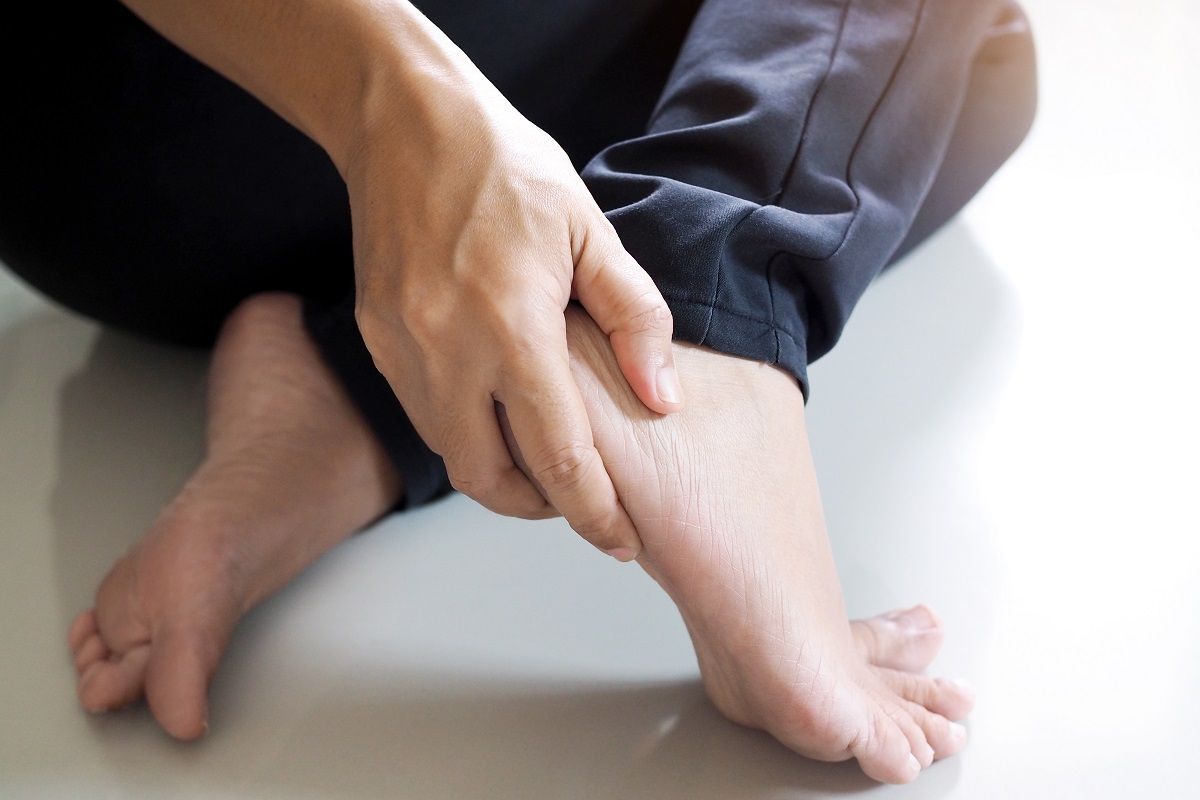
Do you suffer from constant pain in your heel? Do you have frequent foot and heel pain? Have you noticed swelling in the heel area of your foot? When you are suffering from constant pain localized in your heels, you may be suffering from the symptoms of plantar fasciitis. Plantar fasciitis is one of the most common reasons why foot patients find their way to our orthopedic surgeon in Deland. When you think you may be suffering from the signs and symptoms of plantar fasciitis, you will want to familiarize yourself with a few of these facts about the disorder.
It is Caused by Repetitive Straining of the Heel
When you feel a strain or a pull in the ligament of your heel, you should stop that particular movement. By repeatedly straining this ligament, you can actually cause planter fasciitis. Common movements, like walking and running, can cause this. Also, it can be caused by inadequate footwear or even landing improperly when jumping.
The Most Common Symptom is Heel Pain
Even though plantar fasciitis can affect your entire foot, most patients report heel pain as their primary symptom. Other common symptoms are pain in the arch of your foot and heel, inflammation of your heel, and many bouts of foot pain. Many people often complain about their symptoms in the morning.
Athletes are the Most Vulnerable
When walking or running, you will repeatedly place strain on the heel of your foot and the plantar fascia. Over time, this can lead to severe injury if the behaviors and movements do not change. Because of this, many athletes are extremely susceptible to plantar fasciitis. Athletes in sports that require extensive running, like track and soccer, will want to take extra precautions when they are playing.
It Can Usually Be Treated at Home
Often times, you will be able to treat your plantar fasciitis at home by making a few changes to your lifestyle. Applying ice or cold compresses to your foot can relieve the compression and reduce any swelling in your heels. Over-the-counter anti-inflammatory medications can also relieve this pain. Be sure to give yourself time to relax and take a break from exercising whenever you are feeling the pain return.
Severe Cases May Require Medical Treatment
If you have been trying home remedies to prevent pain in your heels without any luck, you may need to seek medical treatment. When you have a severe case of plantar fasciitis, you will want to seek medical treatment before any permanent damage or disability is caused. You'll want to seek the opinion and consultation of a professional foot specialist at Florida Bone and Joint.
These are just a few of the facts that you'll want to understand about plantar fasciitis. If you have been suffering from heel pain from overexerting your feet, you will want to consult an orthopedic surgeon in Deland. Contact us to schedule a consultation with our foot specialists today.